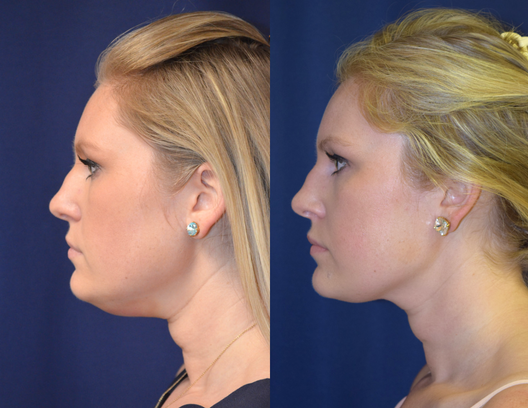High blood pressure or hypertension has no longer remained older people’s disease. Young adults aged from 20 to 39 years are likely to get hypertension. In India, there are around 27 million young adults with hypertension. And it is known that elevated blood pressure during young adulthood leads to vascular damage and mortality later. However, hypertension is infamously called the “silent killer” because its symptoms are not easily visible or alarming.
High blood pressure renders severe health risks like stroke, heart attack, heart disease, kidney failure, and other serious conditions. Both men and women are affected by hypertension, and thus, it is critical to control hypertension in its early stages. One can easily control hypertension with proper lifestyle changes and diet alterations. Here is how you can take charge of your blood pressure.
It’s more than taking medicines
Hypertension is more than just taking medicines. It is all about making fundamental changes in your lifestyle. Controlling high blood pressure requires complete dedication and effort. This means cutting down on food products that trigger blood pressure and incorporating healthy lifestyle changes. Furthermore, once you are diagnosed with high blood pressure, it is essential to keep track of your blood pressure routinely. Visiting the doctor regularly or checking blood pressure at home will help you keep blood pressure in check.
Here are some lifestyle changes you can make to control high blood pressure
-
Lose extra kilos
Managing your weight and waistline is an excellent way to control high blood pressure. Blood pressure often increases with the increase in weight. And being overweight can disrupt breathing and sleep patterns, increasing blood pressure. Losing weight, even a tiny amount, can help reduce blood pressure. With every kilogram you lose, blood pressure might go down by about 1 millimetre of mercury. In terms of waistline, if men have a waist measurement greater than 40 inches, they are at risk of high blood pressure. For women, it’s 35 inches.
-
Exercise Regularly
Regular exercise can help lower your blood pressure by around 5 to 8 mm Hg. It is essential to have a regular exercise of at least 30 minutes. Some aerobic activities like jogging, walking, cycling, swimming, or dancing can help you lower elevated blood pressure. Another option is high-intensity training, which involves short bursts of intense exercise with periods of lighter activity.
-
A healthy diet is a must
It won’t come to you as a surprise, but a healthy diet is unskippable regarding blood pressure management. Cutting down on foods and products that elevate blood pressure like salt, high cholesterol, alcohol, and saturated fat must be avoided. Eat rich, high-fibre whole grains, fruits, vegetables, and low-fat dairy products. Healthy eating plans like Dietary Approaches to Stop Hypertension or DASH help control blood pressure.
-
Reduce Salt Intake
Salt is the most prominent triggering element of high blood pressure. Thus, reducing sodium in the diet, even in small amounts, can improve heart health and decrease high blood pressure by about 5-6 mm Hg. To reduce sodium intake, eat fewer processed foods, don’t add salt for flavour, read food labels, and cook with the minimum amount of sodium in the food.
-
Get Adequate Sleep
Poor sleep quality is associated with worsening high blood pressure. Sleeping for fewer than six hours every night for several weeks can contribute to hypertension. Therefore, stick to a sleep schedule, watch what you eat and drink, create a restful sleep, and limit day naps to get a good night’s sleep.
-
Limit Stress
While stress in a controlled amount is helpful, excessive stress can hinder your blood pressure levels in the long term. Determine what’s causing undue stress in your life, avoid stress triggers, make time to relax, focus on issues you can control, and practice gratitude.
-
Quit Smoking and Alcohol
Tobacco and alcohol are some of the biggest hypertension triggers. Limiting alcohol to less than one drink a day for women and two drinks a day for men can help lower blood pressure. Furthermore, quitting smoking can also significantly reduce the risk of heart disease, leading to a longer life.
Conclusion
Hypertension has become a common chronic lifestyle disease among young adults. While there are no glaring symptoms for it, maintaining a healthy lifestyle should be on your agenda. It has no longer remained the disease of older people.
High blood pressure mustn’t be overlooked. It needs to be dealt with right away with adequate lifestyle changes. Poor lifestyle choices and being lenient on hypertension can lead to severe health complications. Thus, acting early and taking charge of your blood pressure is prudent.



